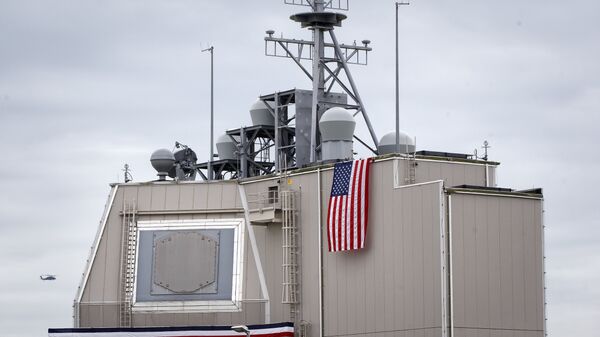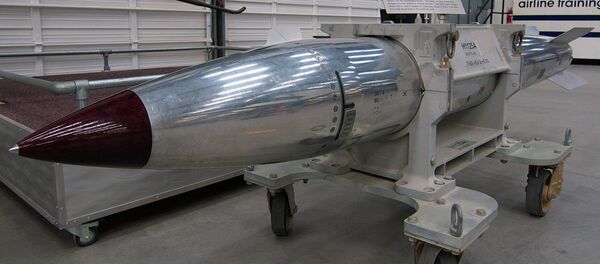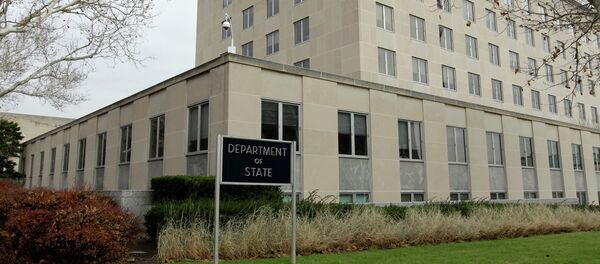The two-day NATO summit on Friday and Saturday approved the deployment of four battalions on Russian borders, including the dispatch of 1,000 US troops to Poland, and rubber-stamped the deployment of Patriot anti-missile batteries and radars in Poland and Romania.
Moreover, the summit also invited the former Soviet republic of Georgia to join the military alliance.
"The decisions reached at NATO are hardly believable considering current world politics and the state of play between Russia and the United States, both heavily armed nuclear nations… as they practice nuclear war exercises and ‘games’ adjacent to their respective borders," Caldicott warned.
NATO’s leaders in Warsaw had confirmed the alliance was on a path that was certain to increase the fears of Russia’s leaders that their country was being surrounded by dangerous, heavily armed enemies, Caldicott cautioned.
"Large increases in NATO troops and equipment in countries once an integral part of the Soviet Union [and] antimissile bases in Romania, Poland, Turkey and Spain, are extremely provocative to Russia which is clearly concerned for good reason," she stated.
At the summit, Canada announced its largest military presence in Europe in more than a decade and the United States agreed to deploy 1,000 troops to Poland.
The Warsaw Summit overall has been described as presenting a potential threat to Russia in the unprecedented amount of activity and agreements it approved to boost military forces in Central and Eastern Europe.
Also, NATO’s decision-making body, the North Atlantic Council, will visit Georgia this fall, a joint NATO-Georgia Commission statement at the Warsaw summit said.
Caldicott is the author of numerous books, including "The New Nuclear Danger: George W. Bush’s Military Industrial Complex." The Smithsonian Institution has named Caldicott one of the most influential women of the 20th century.



